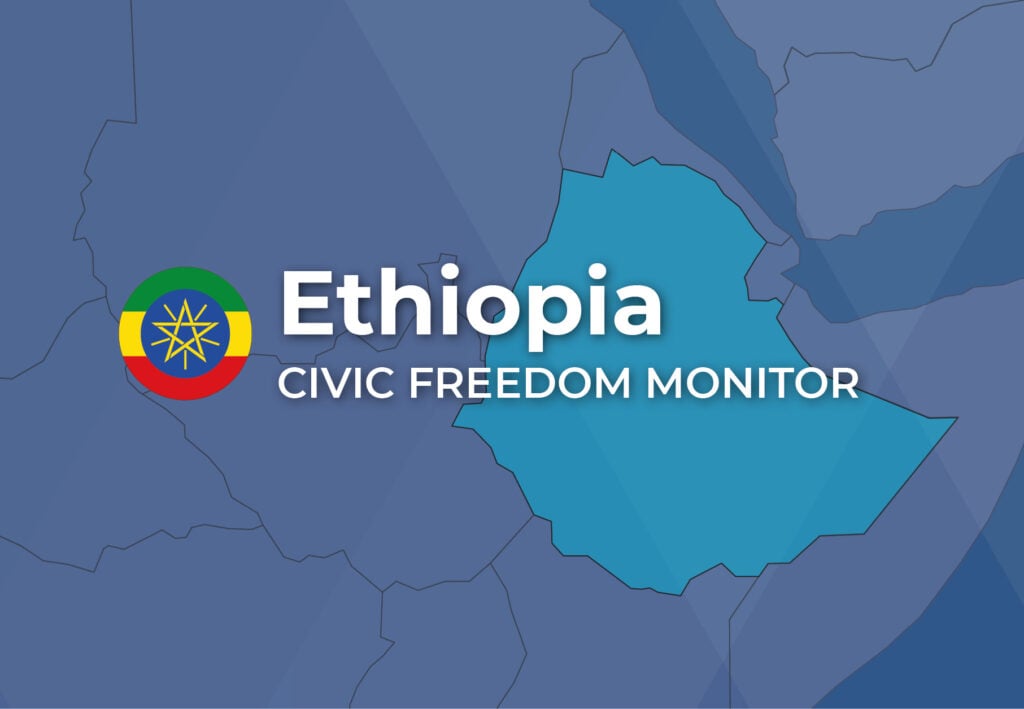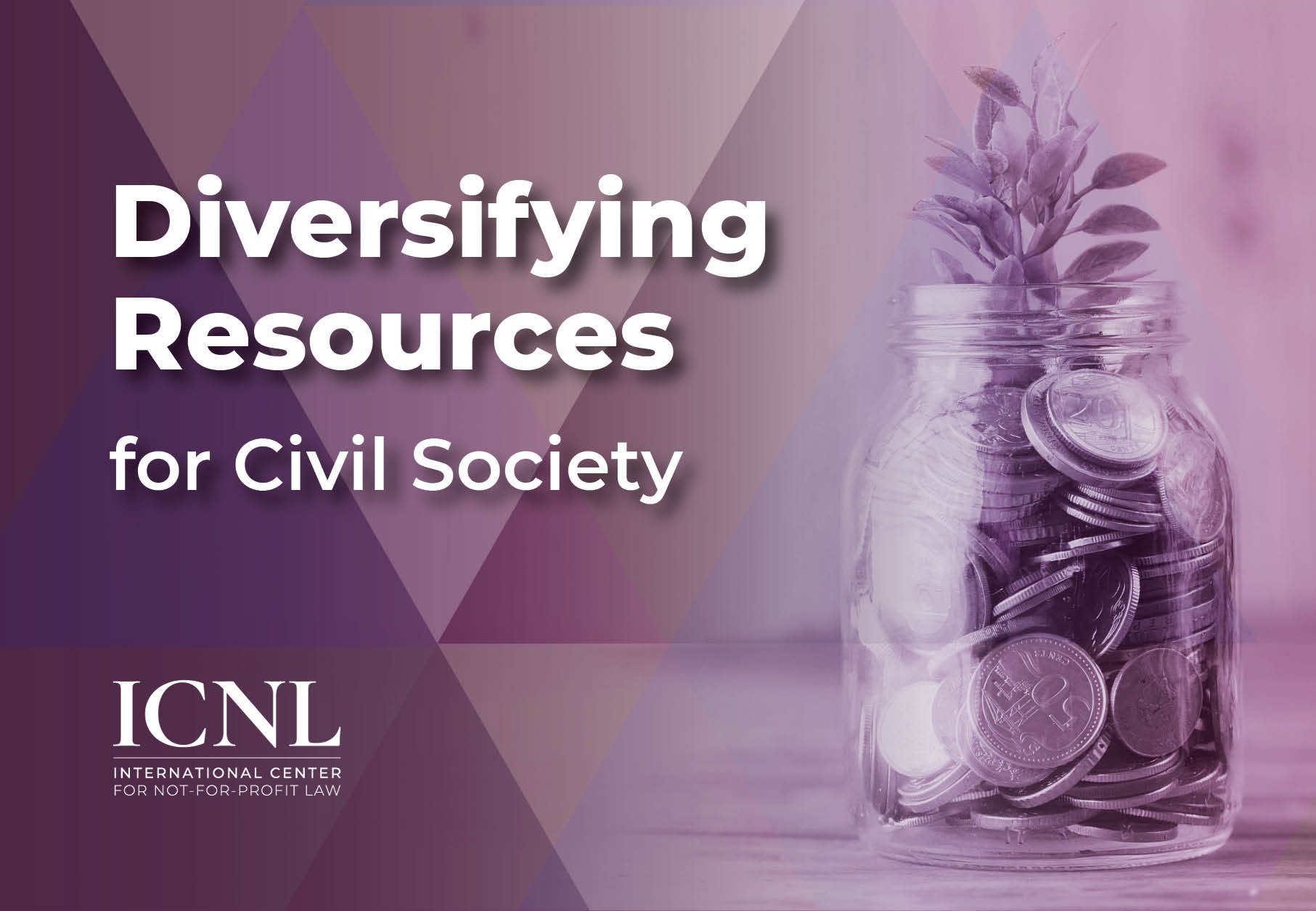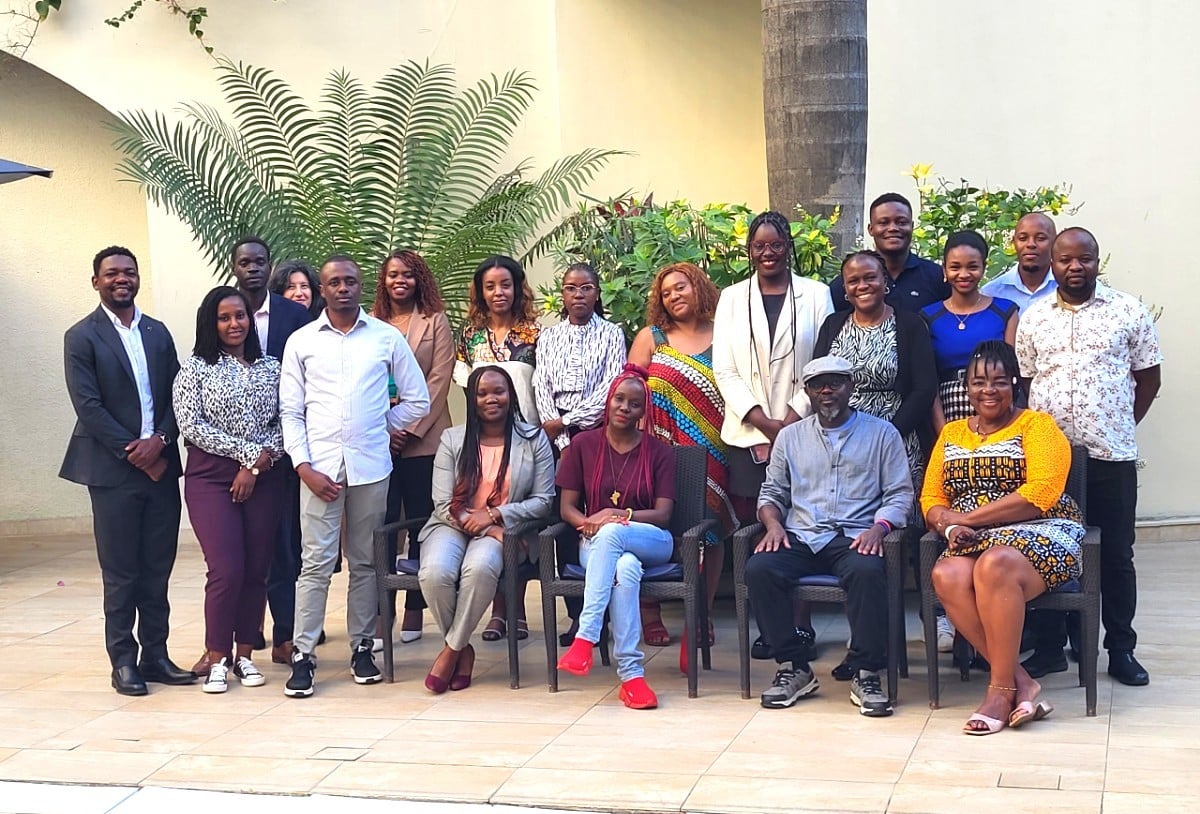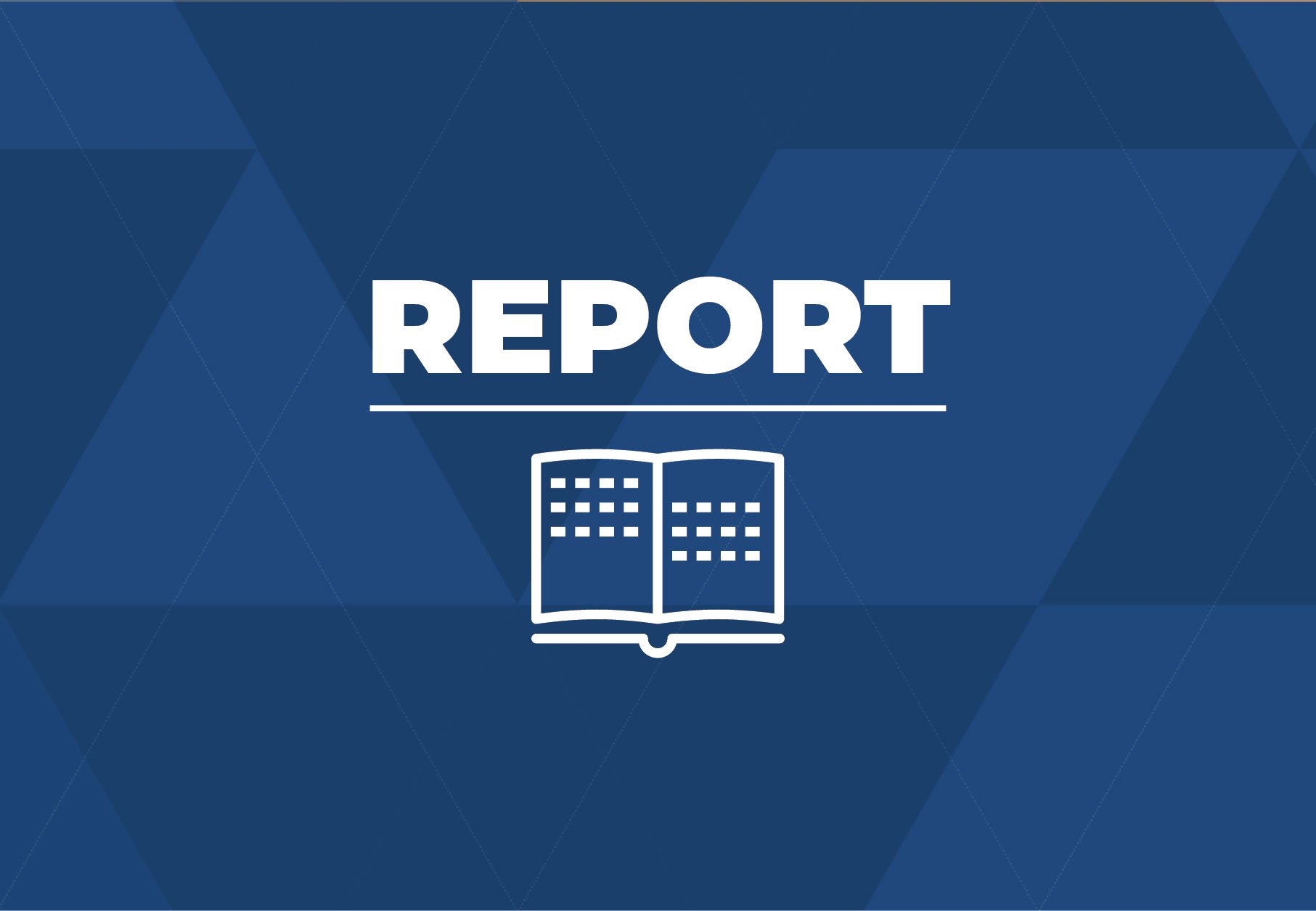
Ethiopia
Overview
ICNL collaborates with several civil society partners, including the Addis Ababa University School of Law, the African Civil Leadership Program and the Consortium of Ethiopian Human Rights Organizations to strengthen the legal enabling environment for civil society and continue to advocate for improvements in civic space protections. ICNL supports civil society efforts to raise awareness on the new CSO Proclamation and to strengthen mechanisms for self-regulation. ICNL provided technical assistance in reviewing the Civil Societies Organizations (CSO) Proclamation, which was enacted in early 2019 to replace the highly restrictive 2009 Charities and Societies Proclamation.
Key Resources

Civic Freedom Monitor: Ethiopia
ICNL’s Civic Freedom Monitor provides up-to-date information on legal issues affecting civil society and civic freedoms, including the freedoms of association, expression, and peaceful assembly. Read our Ethiopia report here.

Ethiopia Philanthropy Law Report
This report explores the current state of laws and regulations affecting philanthropy, unpacking the history, and the present-day legal environment.

Ethiopia Legal Empowerment Toolkit
This toolkit, created by ICNL’s partner the Consortium of Ethiopian Human Rights Organizations (CEHRO), helps civil society organizations better understand the legal framework governing their operations in Ethiopia.
Ethiopia Resources & News
Ethiopia Digital Library Documents
A DIRECTIVE ON THE REGISTRATION AND ADMINISTRATION OF FOREIGN ORGANIZATIONS NO. 986/2024
Directive on monitoring, control, and investigation of civil society organization No. 1002/2024
Sign up for our newsletters
Sign up



